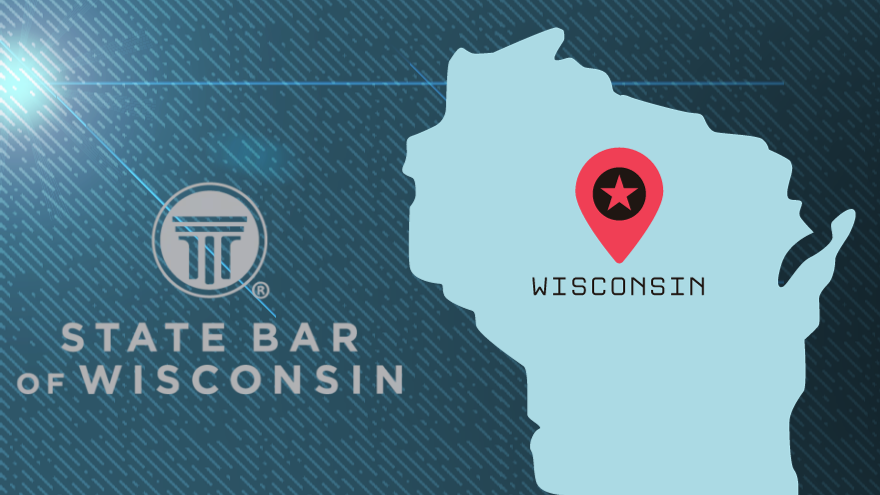The State Bar of Wisconsin has been accused of violating the United States Constitution with its “diversity clerkship program.”
A new lawsuit alleges that the program, which offers desirable summer internships to first-year law students based primarily on race, violates the equal protection clause. The lawsuit was filed by the Wisconsin Institute for Law and Liberty (WILL), which argues that the program is not open to all students and, furthermore, that by requiring members to pay mandatory fees, the bar association further violates the First Amendment rights of members who object to financially supporting the program.
All licensed attorneys in Wisconsin are required to be members of the bar association.
“When the government discriminates based on race, it sows more division in our country and violates the Constitution in the process,” Skylar Croy, associate counsel for the plaintiff organization, said in a press release. “WILL is standing up against discrimination and holding the State Bar accountable to the rights of its due-paying members.”
“Internships are competitive—as they should be. But when one group is given preferential treatment over the other to apply for these programs, the programs lose competitiveness and hurt all Americans,” added Daniel Suhr, a client of WILL. “This also goes against my beliefs entirely. The State Bar should do better and expand these opportunities to all Wisconsin law students.”
In the past, students who participated in the diversity clerkship program have been placed in internships with the American Civil Liberties Union of Wisconsin, Alliant Energy, Froedrert Health, the Kohler Co., the city of Madison, the Milwaukee City Attorney's Office, the Wisconsin Department of Justice and the state Department of Corrections.
“The lawsuit is the latest of its kind to be filed across the country targeting diversity, equity and inclusion programs in the private and public sectors after the U.S. Supreme Court in June struck down affirmative action in college admissions, declaring that race cannot be a factor,” reports AP News.
The State Bar of Wisconsin describes the program as a 10-week paid summer employment opportunity open to first-year law students at Marquette University Law School and the University of Wisconsin Law School. To be eligible, applicants must be from backgrounds “that have been historically excluded from the legal field.”
“Successful applicants demonstrate a commitment to diversity and a record of academic achievement,” notes the Wisconsin Bar on its website.
Wisconsin’s clerkship program is currently in its 31st year. More than 500 students deemed to be diverse have been placed in internships since 1993 because of the program.
Other professional organizations for lawyers offer advantageous internship programs based on race or other identity-related characteristics. The American Bar Association, which operates nationally, also offers a diversity clerkship program.
“The American Bar Association Business Law Section is committed to encouraging diversity in the Section by fostering a welcoming environment for all lawyers and promoting full and equal participation by all lawyers, including lawyers of color, women lawyers, LGBTQ+ lawyers, and lawyers with disabilities,” according to the organization’s listing for the program. Clerkships are available in different cities across the country, including Chicago, Las Vegas, and Columbia, South Carolina.

